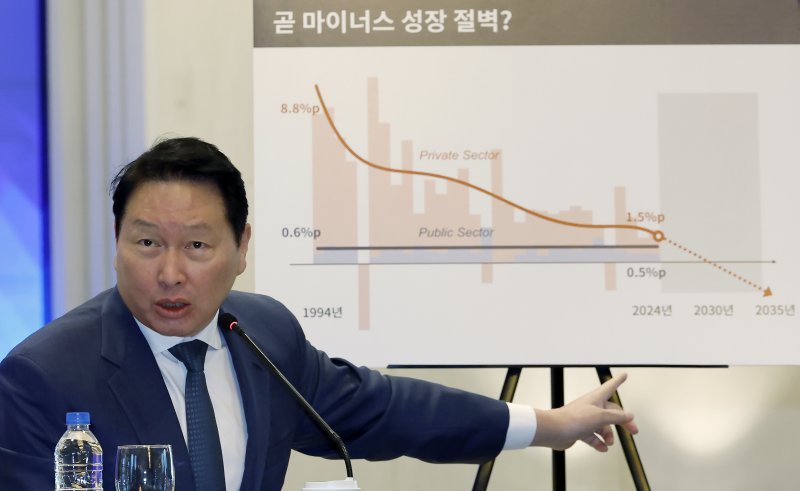[Editorial] Outdated Separation of Industrial and Financial Capital Regulations Hinder the Path of Advanced Industries
- Input
- 2025-11-20 18:45:13
- Updated
- 2025-11-20 18:45:13

The Separation of industrial and financial capital refers to regulations that prevent large industrial capital, such as conglomerates, from holding more than a certain percentage of shares in financial institutions. This was introduced in 1982 through amendments to the Banking Act, in response to the rapid expansion of chaebols into the financial sector. The aim was to prevent companies from using financial firms as private coffers and to block the transfer of industrial sector risks to the financial system.
However, as time has passed and industries have grown in scale, the situation has changed. Investments in advanced sectors such as Artificial Intelligence (AI), semiconductors, the biotechnology industry, and Electric Vehicles (EVs) have expanded rapidly. Critics argue that mechanically separating industry and finance now makes it more difficult for companies to secure capital. The business community is calling for measures such as allowing holding companies to establish investment firms (General Partner, GP) to manage financial funds, thereby opening new channels for financing.
Chairman Chey emphasized, 'The rules and norms of the game have changed on the international stage,' adding, 'When global companies make multi-billion-dollar investments, they do so not with their own capital alone, but by forming funds and raising external financing.' Deputy Prime Minister Koo also noted, 'In an environment of fierce global competition, where survival is at stake, maintaining regulations unconditionally is not always the right answer.'
If the times have changed, so too must the systems. Modern industries, which require astronomical amounts of capital, depend on swift and efficient financing for success. To survive in increasingly intense international competition, it is reasonable to relax the Separation of industrial and financial capital regulations. President Lee Jae-myung also took a forward-looking stance by stating on the 1st of last month, during a meeting with Sam Altman, CEO of OpenAI, that he would consider easing the regulations to encourage investment.
However, on the 20th, Chairman Chey clarified, 'We are asking for a new system to enable large-scale investments, not for a relaxation of the Separation of industrial and financial capital.' In other words, companies are seeking a new mechanism to raise substantial funds independently, not a dismantling of the separation itself. This appears to reflect concerns about criticisms that relaxing the regulation could accelerate the concentration and expansion of conglomerates.
Amid these discussions, Joo Byung-ki, Chairperson of the Korea Fair Trade Commission (KFTC), the relevant authority, effectively expressed opposition by stating, 'Korean conglomerates should focus on their core businesses, not on establishing investment firms.' While this is a position the KFTC chair can take, arguing that conglomerates should not be allowed to control financial capital, it also comes across as disconnected from reality and inflexible.
This issue will inevitably be debated in earnest at the National Assembly of the Republic of Korea. For businesses, securing capital is both the most difficult and most critical challenge. Now that even the President has shown a forward-looking attitude, both the ruling and opposition parties should quickly come together to discuss ways to ease the Separation of industrial and financial capital regulation. Wasting time on unproductive political confrontation unrelated to national economic development will only result in missed opportunities. Both the President and the National Assembly must roll up their sleeves and unite to support businesses.